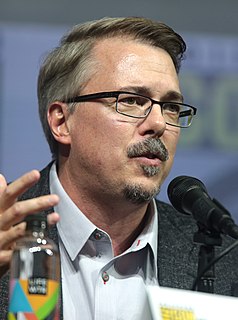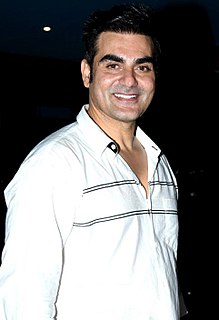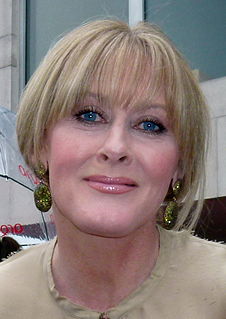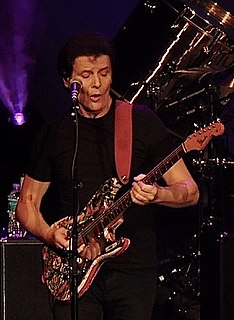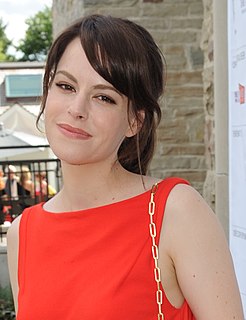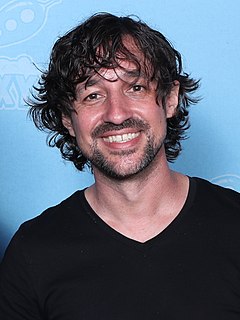A Quote by Rhys Darby
Luckily the script [of X-files episode] was written wonderfully and that became who I was and I was quirky, and I was kind of agitated and not entirely happy, but at the same time, witty.
Related Quotes
I structure the scripts and work on them on films and work on scenes with writers and but I haven't written a script myself, I really respect what they do and I'm fortunate I get to work with people that I really enjoy working with and we all kind of spitball and work together on these things, but I haven't written a script yet.
We see only the script and not the paper on which the script is written. The paper is there, whether the script is on it or not. To those who look upon the script as real, you have to say that it is unreal - an illusion - since it rests upon the paper. The wise person looks upon both paper and script as one.
When the first emperor wanted to unify the country, one of the major policies was to create one system of written signs. By force, brutal force, he eliminated all the other scripts. One script became the official script. All the others were banned. And those who used other scripts were punished severely. And then the meanings of all the characters, over the centuries, had to be kept uniform as a part of the political apparatus. So from the very beginning the written word was a powerful political tool.
When I did The X-Files, there was certainly less of that because the script was as it was and it was such a wonderful script and it was quite complex and there wasn't a hell of a lot of improvising I could do to bring to the table, but I guess what I did bring was a sense of self and that the reason I was cast was because I did come across as someone who possibly was only human for a short time.
Joe [Wright] reached out to me and sent me a treatment, and I said yes on the spot just from the treatment. Within six weeks, I was in Cape Town and there was a script [of Black Mirror episode 'Nosedive'], but I didn't realize until I received the full script that Rashida [Jones] and Michael [Schur] had worked on it. It's a particularly funny episode. Joe and I always looked at it as a satire; it has a lot of comedic elements to it.
Before, I was writing a script to make a movie. At a certain point, I became A Writer in Film and Television. So I got TV deals to write stuff, film deals to write stuff. But it's dangerous. I got into the WGA, and I became kind of, you know, a slave! They just pay you to write a script, and it's hard to make the movies.
Whenever I'm doing any film, there's always three different things. There's the script, which is really just a blueprint. And then, you shoot the movie and it's an entirely different experience than you would expect from reading the script. And then, there's the whole post process and the editing, and it becomes something else entirely.


